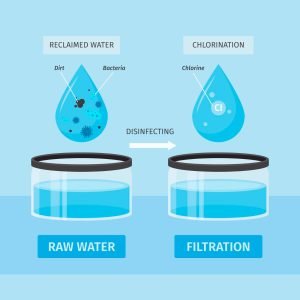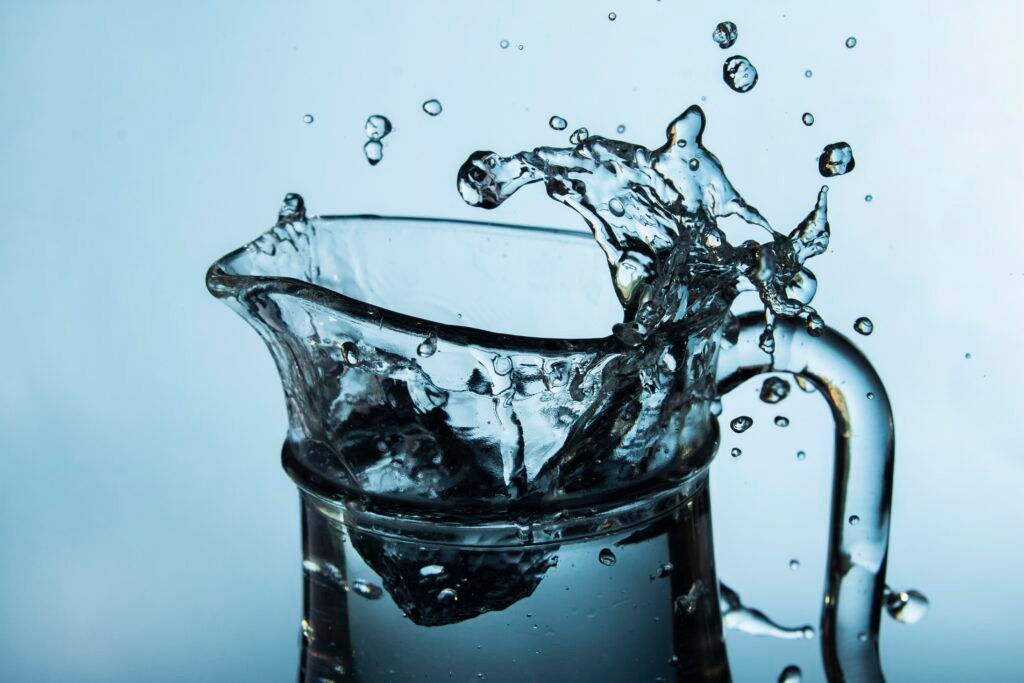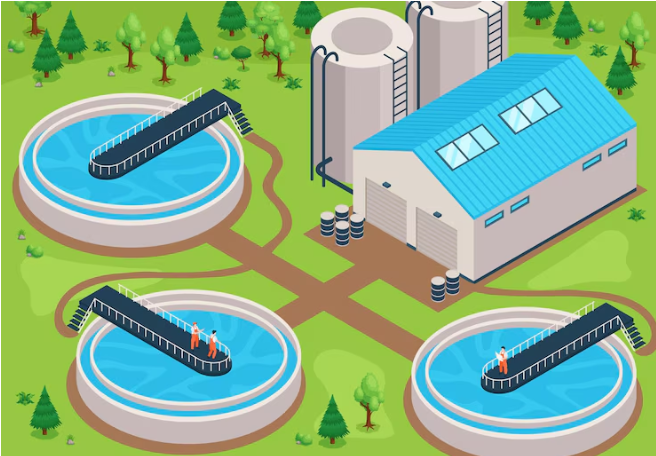Demineralized Water: Definition, Production Methods, and Uses in Industries
Discover the definition, production methods, and industrial uses of demineralized water, essential for various industries.

What is Demineralized water?
Demineralized water is water that has gone through the process of distillation, deionization, reverse osmosis, electrodialysis, or similar water purification techniques to remove most of its mineral content.
Although demineralized water is needed for many industrial and commercial uses, it is rarely drunk because most or all pollutants – including dissolved minerals that are good for human health – are eliminated.
Water that has been treated to eliminate all or most of the various mineral contaminants is known as demineralized water.
Water can be demineralized in several ways, although not all techniques for purifying water remove all minerals.
Therefore, water demineralization can refer to any technique that purifies minerals from water; Nevertheless, it usually refers to ion exchange processes that remove almost all ionic mineral pollutants from water.
For this reason, even though they are not always the same, demineralization and deionization are often used synonymously.
The purpose of this page is to explain the exact definition of demineralized water, the differences between it and distilled water, and its potential uses.
How Is Water Demineralized?
The most popular processes for demineralizing water include distillation, reverse osmosis (RO), deionization (DI), and electrodialysis. Demineralized water has had its mineral content removed.
While RO is used in commercial and domestic settings such as homes, distillation, and DI are used to demineralize water in industrial or commercial settings.
Water is demineralized in the following ways:
- Distillation
- Deionization
- Reverse Osmosis (Membrane Filtration)
- Electrodialysis
- Distillation
Since it was first used many years ago, distillation has been an important method of purifying water. Boiling water to generate steam, which is then captured, collected, and allowed to cool, is the process of distilling water.
As the steam cools, the dissolved salts and minerals are lost and become liquid once again.
When water is heated during distillation, some microorganisms such as bacteria and protozoa are also eliminated.
Additionally, dangerous disinfectants and heavy metals are eliminated through water distillation.
Even though distillation yields highly demineralized water, the process’s reliance on specialist equipment that cannot supply water on demand makes it impractical for domestic use.
Deionization
Demineralized water must be produced in large quantities for industrial and commercial purposes, which is why deionization – a far more complex process – is only employed in these situations.
In the DI process, two specific resins with different charges are passed through water. There are two types of resins: negatively charged (cation resin) and positively charged (anion resin). To demineralize water, resins act as exchangers, leaching out the minerals.
BENEFITS OF DEMINERALIZED WATER
1) POWER: In the power sector, demineralized water is widely used for steam generation and boiler-feed water. Boilers producing steam for power turbines require higher pressure boilers and, as a result, require more complex feed water treatment systems.
2) REFINERY: Demineralized water is used by refineries and the power sector to fuel their high-pressure boilers.
Hardness and dissolved solids can destroy a facility’s equipment, and softening is often an inadequate treatment for most high-pressure boilers and process streams.
Water treatment trains usually include demineralization by ion exchange or membrane filtration (primarily reverse osmosis or nanofiltration) because many high-pressure boilers demand higher quality water with fewer impurities than some low-pressure boilers.
3) PETROCHEMICAL AND CHEMICALS: The chemical and petrochemical sectors also require high-purity boiler feed water. Demineralization is employed to achieve this.
Demineralization is an additional treatment option for cooling tower explosions.
4) FOOD AND BEVERAGE: Equipment and containers are regularly cleaned with demineralized water. Additionally, it is used in some food processing applications where membrane filtration is commonly used to eliminate organic debris, bacteria, viruses, and other contaminants.
Demineralization is often a part of the total water treatment process because food and beverage production requires ultrapure water at all stages of the manufacturing process due to quality restrictions.
5) PHARMACEUTICALS AND CHEMICALS: Deionized and distilled water is used in the manufacturing of medicines and cosmetics, to guarantee the quality and safety of the final product.
While formulas typically use distilled water, demineralized water is produced by reverse osmosis or deionization for uses such as cleaning and washing.
FAQ (Frequently Asked Questions)
What is demineralized water?
Demineralized water, also known as deionized water, has undergone processes such as distillation, deionization, reverse osmosis, or electrodialysis to remove mineral content.
How is demineralized water produced?
Demineralized water is produced through various methods, including distillation, which involves boiling water to generate steam and then condensing it back to liquid form, leaving behind dissolved salts and minerals. Other methods include deionization, reverse osmosis, and electrodialysis.
What are the benefits of demineralized water?
Demineralized water is essential in industries such as power generation, refineries, petrochemicals, food and beverage, and pharmaceuticals. It helps prevent scale buildup and corrosion in equipment, ensures product quality, and meets regulatory standards.
How is demineralized water used in the power sector?
Demineralized water is used in the power sector for steam generation and boiler-feed water. It is crucial for high-pressure boilers used in power turbines to prevent scale buildup and corrosion, ensuring the efficient operation of power generation equipment.
Why is demineralized water important in the food and beverage industry?
Demineralized water is essential in the food and beverage industry for its purity and lack of mineral content. It is used in various processes, including ingredient mixing, product rinsing, and equipment cleaning, to maintain product quality and ensure compliance with food safety standards.



